What Is Repointing Brick?
Important Point
Repointing brick is generally known as repointing of brick or repointing of brickwork. Repointing of brickwork is a basic process where you renews or repair the outer portion of your brickwork. In this process, we only take care of the cement mortar.
Repointing is done when the mortar between two consecutive brick joint is getting empty, then you need to start repointing operation. Repointing is done to create a more beautiful outlook of the structure and it also resist the entry of water into the inside portion of that house.
So, basically repointing of brickwork is the process to refill the cement mortar into the bricks, stones, etc. Repointing of brickwork is a very easy and fast process and the labour cost is also not so much high & it does not take too much skilled labour.
When You Need Brick Repointing?
Brickwork is a very open type of structure and you need to take some proper crae about it. When the brickwork needs some repointing then there is must be some signs, those are-
- Damaged Bricks: If the bricks of your house got damaged then it reduces the beauty of your house. At that time you need to repair or repoint the mortar to the damaged bricks. If the bricks are over-damaged then you need to replace those damaged bricks as soon as possible.
- Unsuitable Pointing: It is a very major issue of the brick repointing, here, faulty repointing cause some damage in the wall. Cement mortar contains more moisture and that will reduce the strength of brick mortar joint. Sometimes, the whole structure will covered into frost then it will create the upper face of the brick into crumble.
- Efflorescence: Efflorescence is generally a commo0n problem of the bricks. Here, some white patches are arrived into the brick surface due to some excess moisture content. If bricks are found which have an efflorescence effect then it must be replaced.
- Clean Surface: The surfaces of bricks must be cleaned properly because if there is some amount of dirt is present then it will reduce the adhesion property of cement mortar. If there is some difficulties then the whole structure not be strong enough. So, we need to clear the brick surface carefully.
- Damp: Damp is a very common thing, when dampness is observed then it must be done some proper inspection and take required action. So, these are the signs when you need brick repointing.
Types of Repointing Brick
There are generally four types of repointing brickwork is available, those are following-
1. Flush Pointing
It is a very common type of pointing, here mortar is placed at the joint of two bricks and the edges are nicely and perfectly trimmed to maintain the same level of wall.
The trimming operation is done by trowel and straight edge tools. Flush pointing does not prove a good appearance but it definitely resist the joints from dust, rain, etc.
2. Recessed Pointing
Recessed pointing is another very much popular type of brick pointing. In recessed pointing, the mortar is pushed at a distance of 5 mm or more from the edge of the brick joint.
It requires some well trained labour and the labour cost is also moderate. Recessed pointing provides a good outlook of that house.
3. Beaded Pointing
Beaded pointing is a special type of pointing where we use irom or steel metal a t the joint of two bricks.
The steel portion is naturally concave in nature. Beaded pointing provides a good aesthetic look of the house but the longevity of this pointing is very disappointing.
4. Struck Pointing
Struck pointing is a modification of flushed pointing. In struck pointing, the mortar is placed in inclined shape; the upper portion of the mortar is placed at a distance of 10 mm from the outer edge of the upper brick.
The main advantage of struck pointing is it drains rainwater very easily with a very short time period.
5. Rubbed, Keyed or Grooved Pointing
It is also a modified part of flushed pointing where a grooved is made by a special hand tool. This type of pointing provides a beautiful outlook.
6. Tuck Pointing
Tuck pointing is similar to groove pointing. Here, we also create a groove which is 3 mm depth and 5 mm width. After creating groove, it will fill with cement mortar.
7. V Pointing
V pointing is a special type of pointing where, the mortar is placed in a joint the face of mortar is finished like V notch.
8. Weathered Pointing
Weathered pointing is the reverse operation of the V notch. In weathered pointing, a V-like portion is projected from the joint of two brick.
Tools and Materials Required for Repointing Brick
There are naturally various types of tools are required for repointing bricks, those are in the following
- Brick Hammer
- Pointing Chisel
- Paint Brush
- Bucket
- Pointed Trowel
- Finishing Trowel
- Margin Trowel
Different materials are also used to repoint the bricks, those are
- Cement
- Sand
- Lime
- Water
- Admixtures
What Is Repointing Brick?
Repointing the brick mortar means to chip out the old mortar and replacing it with new mortar. The reason the process is called pointing—or repointing, in this case is because you use a pointed trowel.
What Is Tuck Pointing?
Tuckpointing is a way of using two contrasting colors of mortar in the mortar joints of brickwork, with one colour matching the bricks themselves to give an artificial impression that very fine joints have been made.
What Is Brick Pointing?
The construction term pointing refers to the finishing of mortar joints in masonry, be it stone or brick. Mortar often does not have as long a lifespan as the brick it holds together, and over the years must be periodically removed and replaced.
What Type of Mortar for Repointing Brick?
Type o mortar, or high-lime mortar, a softer mortar with a low compressive strength of 350 psi, is best suited to repointing for several reasons. The first reason is that the type o mortar is softer than the older bricks, and it allows the bricks to expand or contract from temperature changes or stress.
What Is Tuck Pointing Brick?
Tuckpointing sometimes referred to as repointing or brick pointing, is a process to finish or repair mortar joints between bricks or stones with a narrow ridge of lime putty or fine lime mortar.
Repointing Brick Cost
It costs between $3 and $15 per square foot to repoint brick, though the average homeowner pays $8 per square foot. Costs can rise to $15 per square foot or more depending on the materials used, local rates and the mason’s experience.
Repointing Brick
Repointing is the process of renewing the pointing, which is the external part of mortar joints, in masonry construction. Over time, weathering and decay cause voids in the joints between masonry units, usually in bricks, allowing the undesirable entrance of water.
Brick Pointing
Pointing, in building maintenance, the technique of repairing mortar joints between bricks or other masonry elements. When aging mortar joints crack and disintegrate, the defective mortar is removed by hand or power tool and replaced with fresh mortar, preferably of the same composition as the original.
Best Mortar for Repointing
Type O mortar, or high-lime mortar, a softer mortar with a low compressive strength of 350 psi, is best suited to repointing for several reasons. The first reason is that type O mortar is softer than the older bricks, and it allows the bricks to expand or contract from temperature changes or stress.
Repointing Brickwork Cost
A brick facelift using repointing is often necessary to get older brick looking on point again. With repointing costs that involve replacing old, decaying mortar with fresh mortar ranging from $4 to $25 per square foot, most homeowners are paying between $400 and $2,500 for projects covering 100 square feet.
Cost to Repoint Brick House
Repointing a brick house costs $5,000 to $25,000 for a 2,500 square foot single-story home or $7,000 to $38,000 for a two-story house. House repointing costs depend on the materials, home’s age, brick condition, amount of mortar damage, and accessibility or hard-to-access areas.
Chimney Pointing Cost
The average cost to repoint a chimney stack is $500 to $2,500. Repointing costs depend on the chimney’s size, width of mortar damage, and accessibility.
Average Cost of Tuckpointing
The average cost for tuckpointing is $5 to $10 per square foot, while the average cost of repointing is around $3 to $12 per square foot on average. Both projects increase in price if the wall is higher than eight feet or it’s in a hard to reach place, such as the chimney.
Cost to Tuckpoint a House
With most homeowners paying between $500 and $2,500 for 100 square feet of tuckpointing with labor and materials included, the average cost is $1,500. Brick and masonry experts typically charge between $5 and $25 per square foot for tuckpointing.
Cost to Tuckpoint Brick
Tuckpointing costs $500 to $2,500 for 100 square feet or $5 to $25 per square foot, depending on location and accessibility.
Cost to Repoint Brick Wall
Repointing brick costs $3 to $20 per square foot for walls up to 8′ and $5 to $25 per square foot for walls above 8′ that require scaffolding. Repointing an 8′ x 10′ brick wall costs $240 to $1,600. Repointing prices depend on the brick or stone condition, mortar damage, materials, and accessibility.
- 20 Types of Plumbing Pipes for Different Use
- 10 Best Steel Brand for House Construction in India
- What Is Slab Beam / Hidden Beam / Concealed Beam | Advantage and Disadvantage
- How to Load Calculation on Column, Beam, Wall & Slab | Column Design Calculations | Beam Load Calculation | Wall Load Calculation | Steel Load Calculation
- What Is Plumbing | Systems of Plumbing | Difference Between One pipe, Two Pipe, Single Stack, and Single Stack Partially Ventilated | How to Choose of Plumbing System.
Originally posted 2022-06-09 13:24:35.
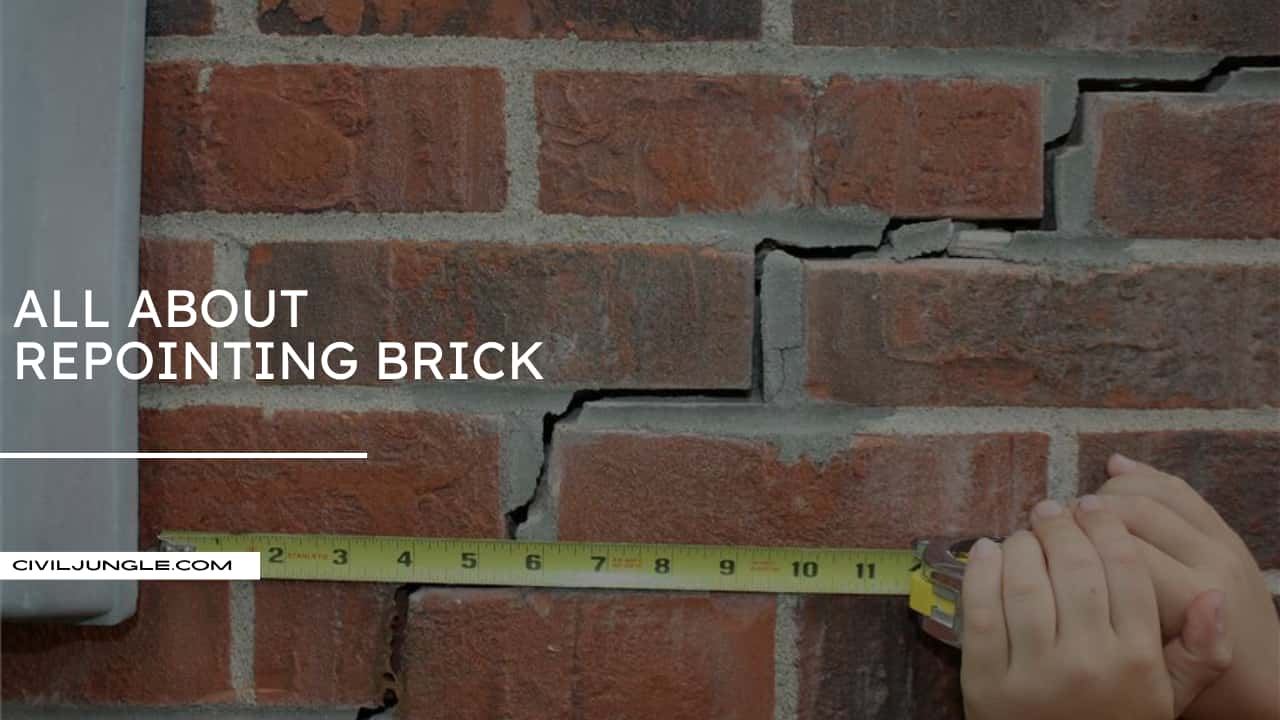
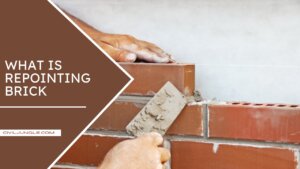
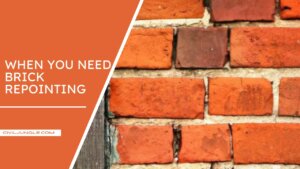
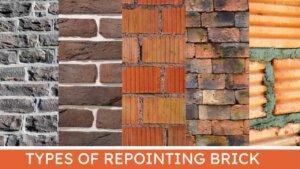
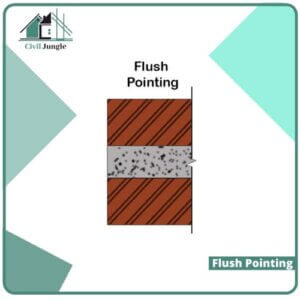
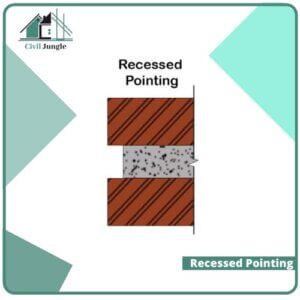
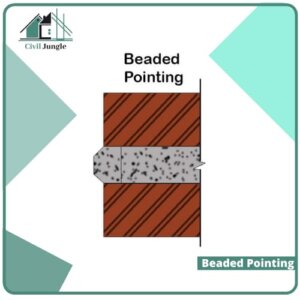
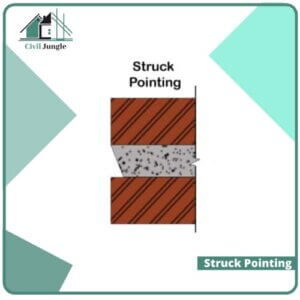
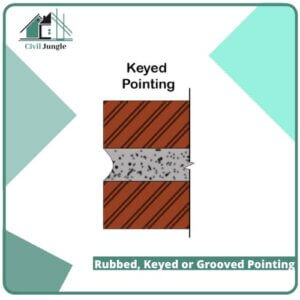
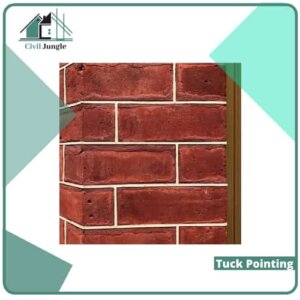
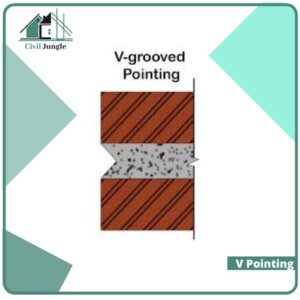
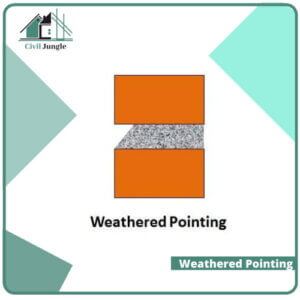
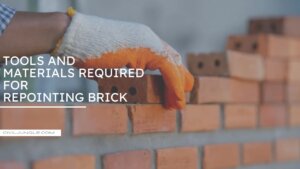

Leave a Reply